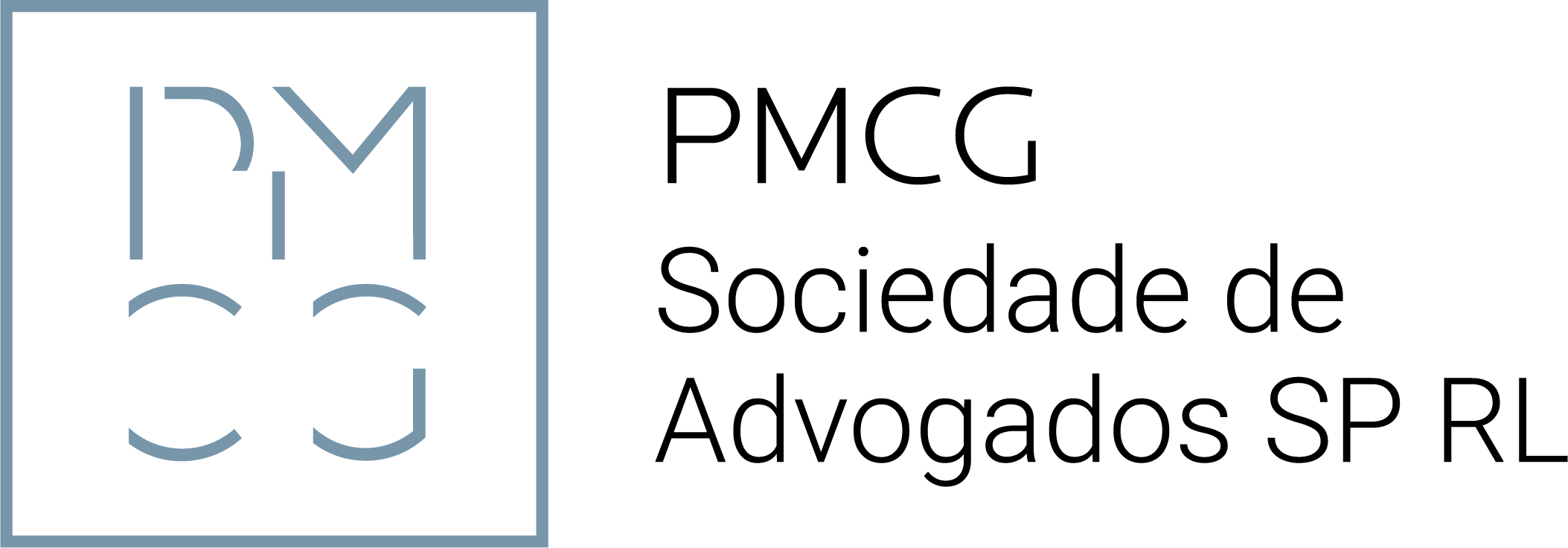Approach to buying property in Portugal as a foreigner
As a percentage of the population, Portugal has an unusually high number of homeowners, standing at about 75% of the population. This is about 10% higher than the US and the UK. A large number of foreigners already live in Portugal. Some are expat professionals, some are retirees, while others are digital nomads. Many of them chose to invest in a second home in the Portugal real estate market.
In fact, if you are buying property in Portugal as a foreigner – as a holiday home or a house to reside permanently in Portugal – the first thing you should be concerned about is any restrictions on your right to purchase or own property due to the fact that you are not a Portuguese national. But you have nothing to worry about: Portugal has no restrictions and you can buy a house anywhere in the country.
Furthermore, the Portuguese government incentivises foreigners to invest in real estate property in Portugal through the Golden Visa program. If you’re a non-EU citizen and you invest in property worth a certain value, you can qualify for a Golden Visa residence permit in Portugal. This permit allows you to live, work, and study in Portugal, and travel freely across the Schengen area. In five years, you can also qualify for permanent residence or citizenship in Portugal.
To buy in Portugal, the first thing you need is a Portuguese taxpayer number which can be obtained at a local tax office with a €10 (US$12) fee. If you are a non-EU citizen, you will also need to appoint a fiscal representative in Portugal. Then, you will need to be prepared for a series of costs.
The largest buying cost is the property transfer tax, called the IMT, which ranges from 1% to 8% of the purchase price. Stamp Duty (Imposto de Selo) is charged at 8% of the purchase price. Then there are notary and land registry fees, which come to between 1% and 2%. In terms of cash on hand, to make a contract for purchase, it is standard to have 10% to 20% ready.
In terms of getting the mortgage, it is not a very difficult task to get a loan from a Portuguese bank, although they only lend 70% of the property’s value to non-residents – which could reach up to 80% if you become a resident. You will find here a link to more information on obtaining a mortgage for a Portuguese property.
The biggest difficulty you will have to face as a foreigner in all this process will probably be the Portuguese language so, once you overcome that issue, everything else will be fine!





